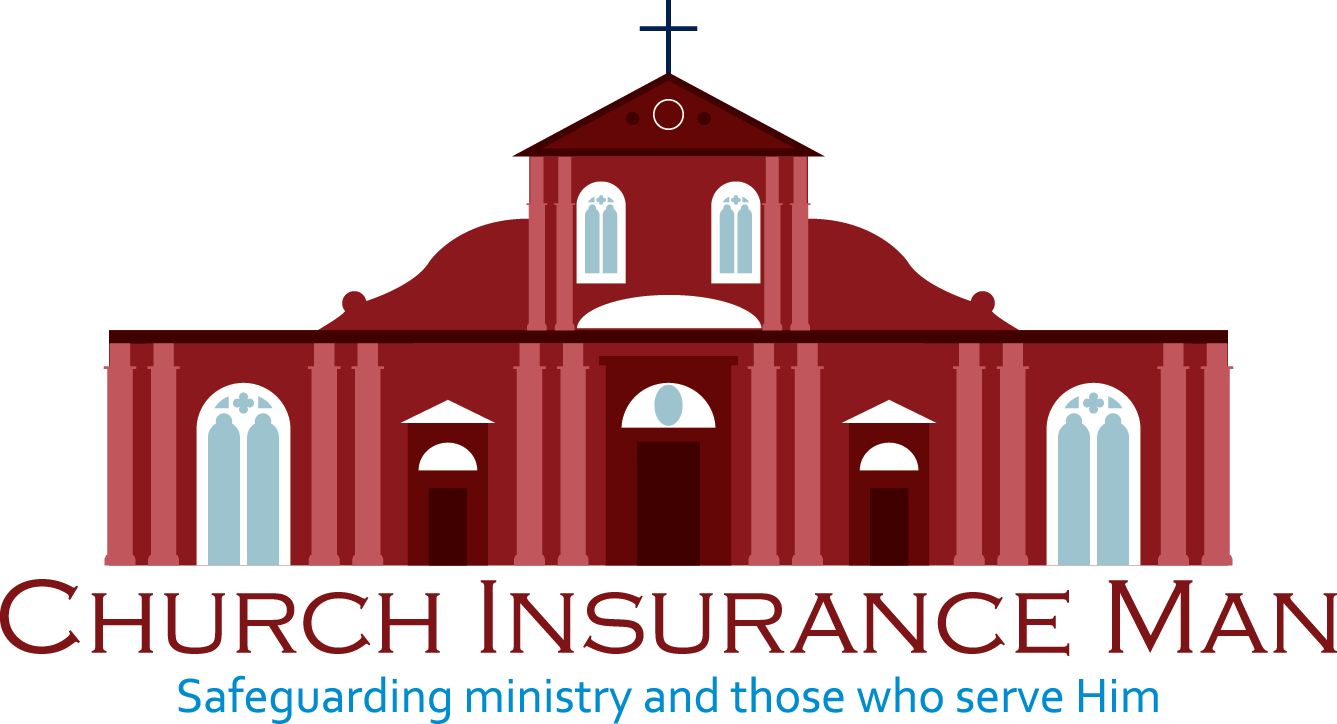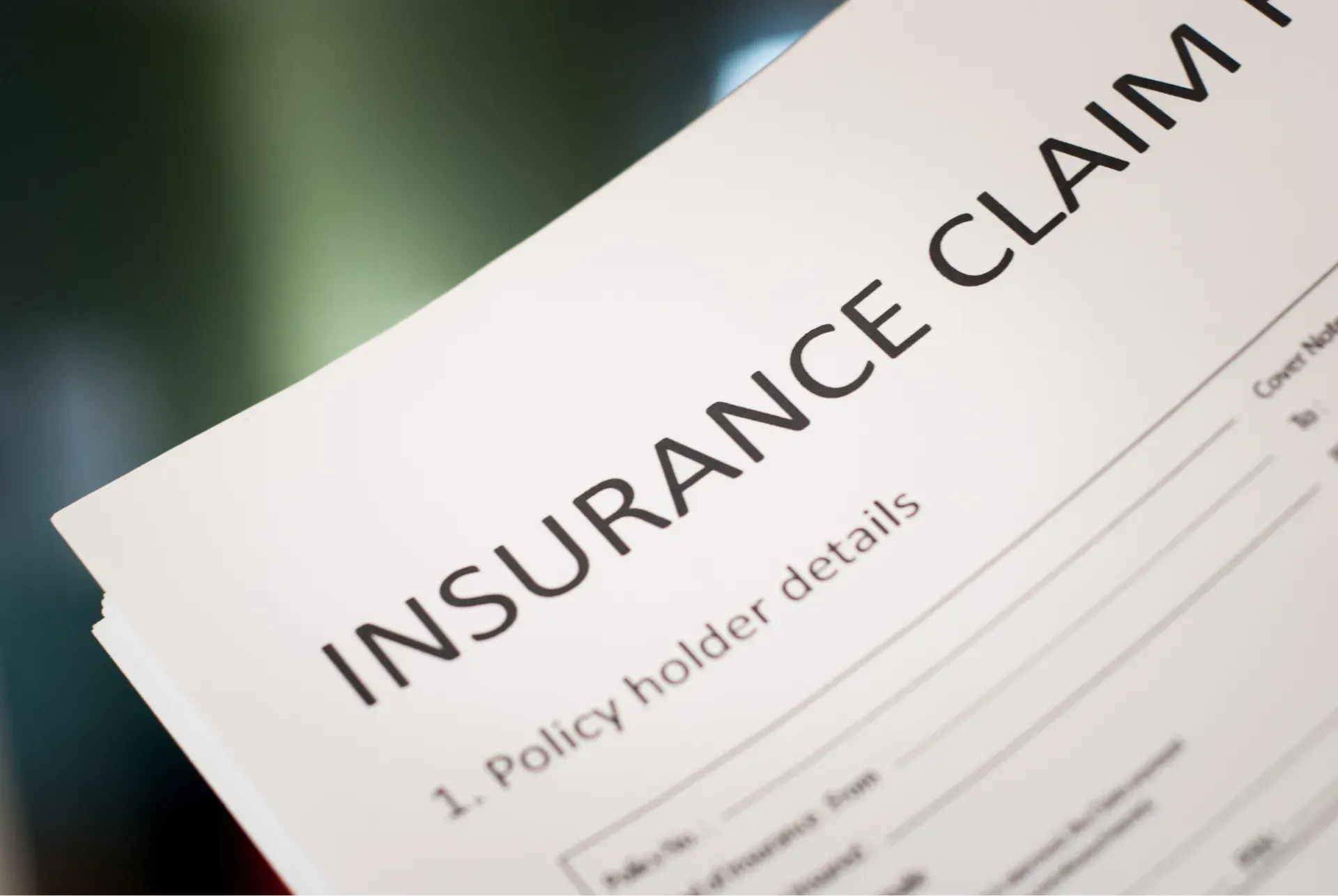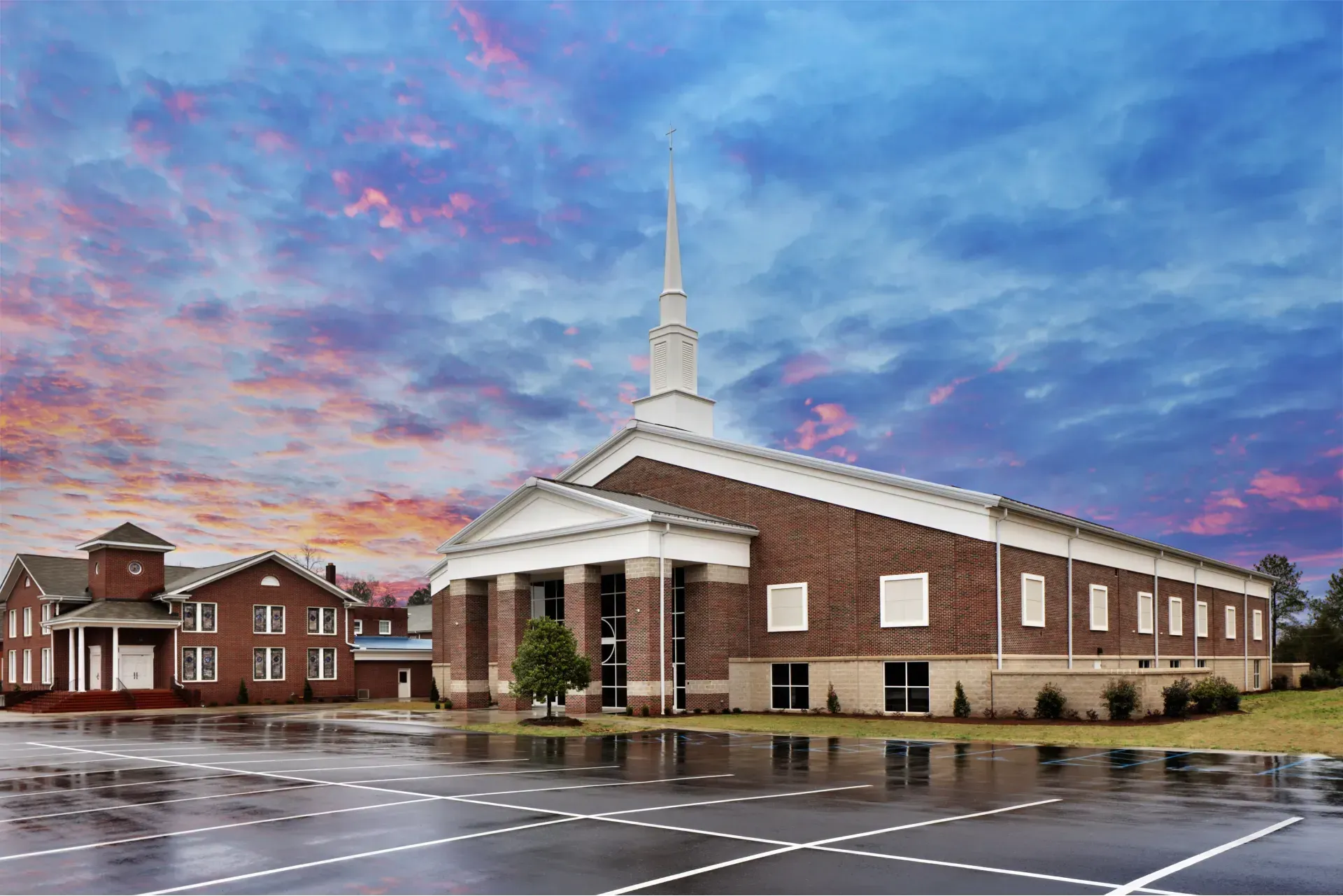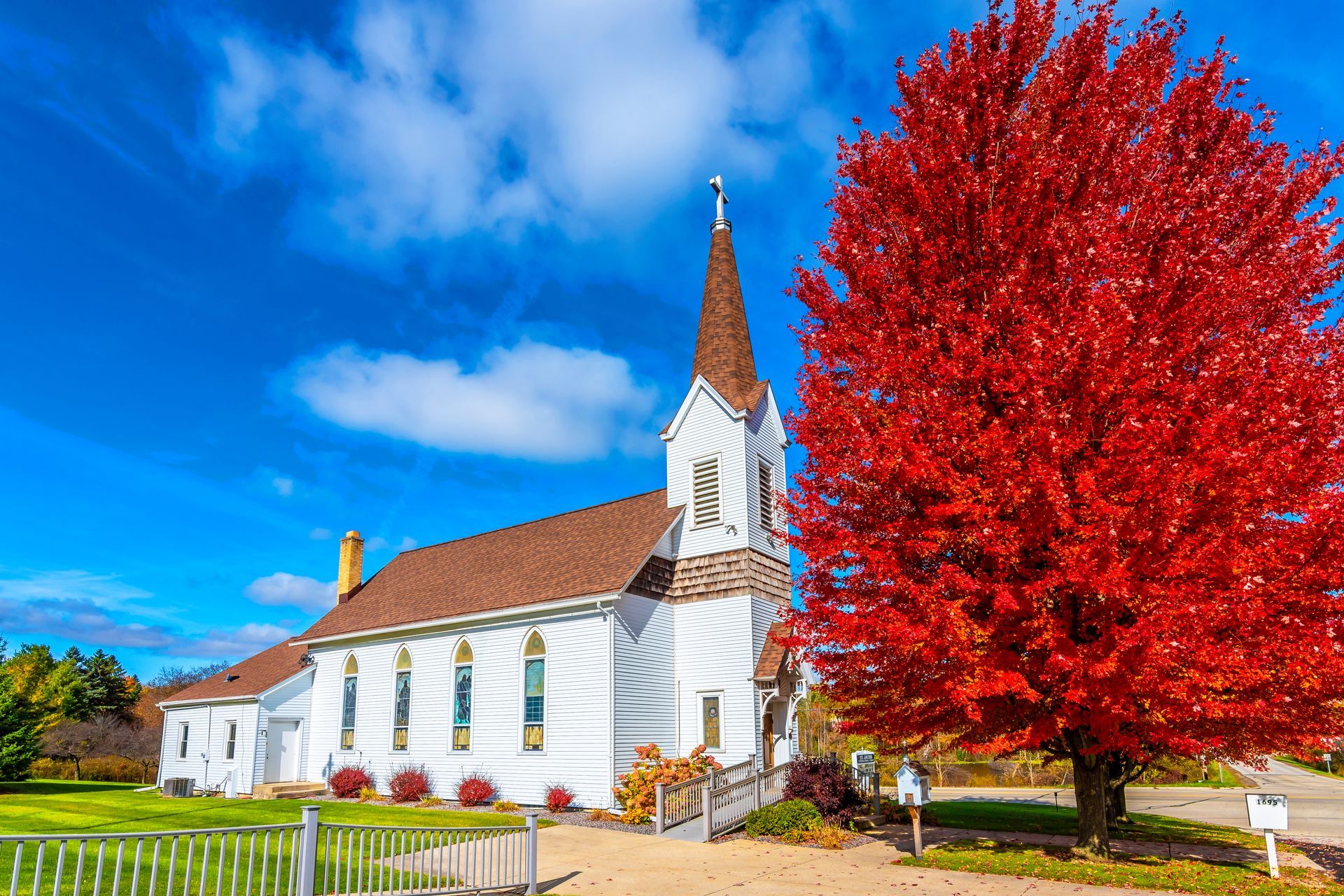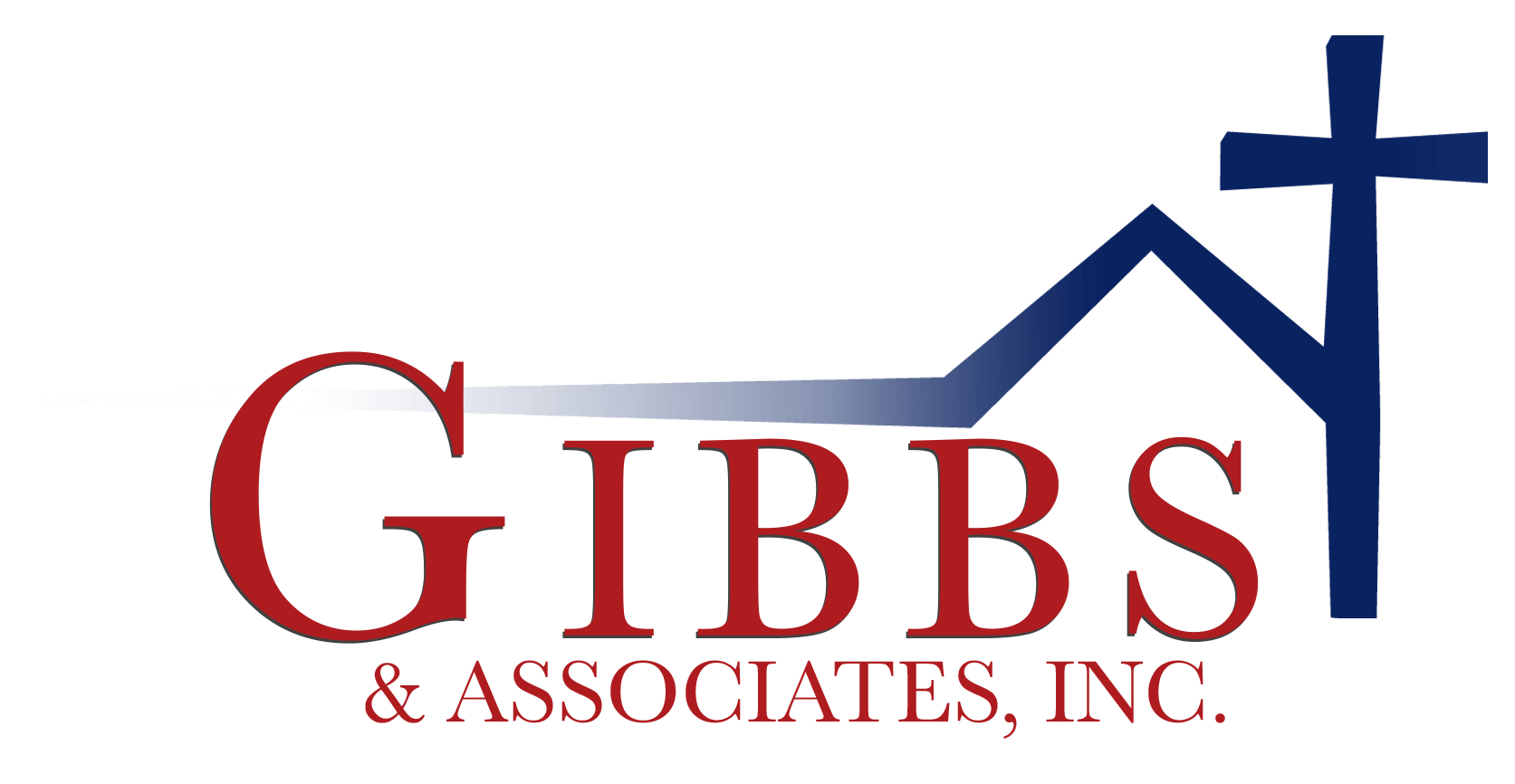7 Key Factors To Consider When Choosing Liability Insurance for Your Church
Liability insurance is a critical component of a church's risk management strategy, offering protection against unforeseen incidents resulting in bodily injury, property damage, or personal injury claims.
With numerous insurance policies and varying coverage options available, church leaders might feel overwhelmed when trying to select the best policy that aligns with their organization's requirements. Making informed decisions is essential to ensure the long-term growth and sustainability of your ministry.
In this article, we will explore the seven key factors that church leaders must consider when choosing liability insurance. By understanding the importance of each factor, you will be better equipped to navigate the complex world of insurance and select the most suitable policy for your religious organization.
With the right liability insurance in place, you can have peace of mind that your church is adequately protected, allowing you to focus on your mission and care for the spiritual well-being of your congregation.
Understand the Different Types of Liability Coverage
The first step in selecting the right liability insurance policy for your church is to understand the various types of coverage available. Each type addresses different liability concerns and ensures comprehensive protection for your organization.
General Liability Insurance:
This coverage is essential for all churches, as it protects against claims of bodily injury, property damage, and personal injury. It provides coverage for incidents occurring on your church premises or during organized activities and events.
Professional Liability Insurance:
Also known as errors and omissions insurance, this coverage protects against claims of negligence or malpractice in providing professional services, such as counseling, marriage retreats, or teaching.
Directors and Officers Liability Insurance:
This coverage protects your church's leadership team from lawsuits arising from management decisions, ensuring they are not personally liable for their actions or inactions.
Sexual Misconduct and Abuse Liability Insurance:
It provides coverage for claims related to allegations of sexual misconduct or abuse involving church staff, volunteers, or clergy members. Considering the sensitive nature of these incidents, this coverage is crucial for safeguarding your church's reputation and financial stability.
Assess Your Church's Unique Risks and Exposures
Each church has its unique risks and exposures, based on factors such as location, size, ministries offered, and demographic served. To select a liability insurance policy tailored to your organization's needs, it's essential to conduct a comprehensive risk assessment. This process helps identify potential hazards and vulnerabilities, enabling you to address them through adequate insurance coverage.
Consider working with an experienced insurance provider like Church Insurance Man, who specializes in serving churches in the Macon, Columbus, Gainesville, and Gwinnett areas. They can guide you through the risk assessment process and suggest the most suitable insurance solutions for your organization.
Review Your Church's Activities and Programs
The activities and programs your church offers can significantly impact your liability insurance requirements. Evaluate the potential risks associated with each activity, such as youth programs, community outreach events, or mission trips. By identifying any potential hazards, you can choose a liability policy that adequately addresses the specific risks present in your church's operations. Regular reviews of your church's programming and insurance coverage ensure you maintain sufficient protection as your organization evolves.
Evaluate Your Church's Financial Health and Budget
Your church's financial health and budget play a crucial role in determining the amount and type of liability coverage you can afford. While it's necessary to maintain comprehensive insurance protection, being prudent with your church's budget is also crucial for long-term sustainability.
Consider discussing your organization's financial situation and insurance requirements with a trusted advisor or insurance agent. They can provide insights into industry best practices and help you strike the right balance between your coverage needs and your church's budget constraints.
Review Liability Coverage Limits and Deductibles
Understanding and reviewing your church's liability coverage limits and deductibles are essential for selecting the right insurance policy. Coverage limits refer to the maximum amount an insurance provider will pay for covered claims. Higher coverage limits usually result in higher insurance premiums, but they also provide your church with greater financial protection.
Deductibles, on the other hand, are the amount paid out of pocket by your church before insurance coverage kicks in. Balancing coverage limits and deductibles is crucial for managing your organization's budget and ensuring adequate protection in various scenarios.
Research and Compare Available Insurance Providers
Before choosing a liability insurance policy for your church, thoroughly research and compare available insurance providers. Consider working with a local provider, such as Church Insurance Man, who understands the specific challenges and requirements faced by churches in the Macon, Columbus, Gainesville, and Gwinnett areas. These specialized providers can tailor their approach to your organization's unique needs and offer more personalized service.
Additionally, compare prices, coverage options, customer reviews, and claims handling history. By conducting thorough research, you can make an informed decision and select a reliable insurance provider that meets your church's insurance needs.
Consult With Legal and Insurance Experts
To ensure compliance with local regulations and address the unique legal needs of religious organizations, consult with legal and insurance experts. They can guide you on your obligations concerning liability insurance, required coverage levels, and best practices for risk management.
Taking the time to understand the various aspects of liability insurance and carefully considering critical factors is crucial for choosing the right policy for your church. With comprehensive coverage in place, you can focus on nurturing your congregation and delivering valuable spiritual guidance, knowing your organization is protected from potential hazards and disruptions. Stay proactive with your church's risk management plan and strive to create an environment where your church's mission and values flourish.
Strengthening Your Church's Foundation With the Right Liability Insurance
The importance of selecting the right liability insurance for your church cannot be overstated. By carefully considering the key factors outlined in this article and working with a specialized insurance provider, you can secure the coverage necessary to address your church's unique risks and exposures. Comprehensive liability protection is integral to ensuring the longevity, financial stability, and spiritual growth of your organization.
Looking for reliable liability insurance for your church or religious organization? Look no further than Church Insurance Man! As an experienced provider serving churches and religious organizations in the Macon, Columbus, Gainesville, and Gwinnett areas, we understand the unique challenges you face and can tailor insurance solutions to best suit your needs. With our deep expertise and commitment to protecting religious institutions, you can have peace of mind knowing your organization is in good hands. Contact us today to learn more about our
liability insurance for churches and take the first step towards comprehensive protection for your organization. Trust Church Insurance Man to guide you through the complex world of liability insurance.
